

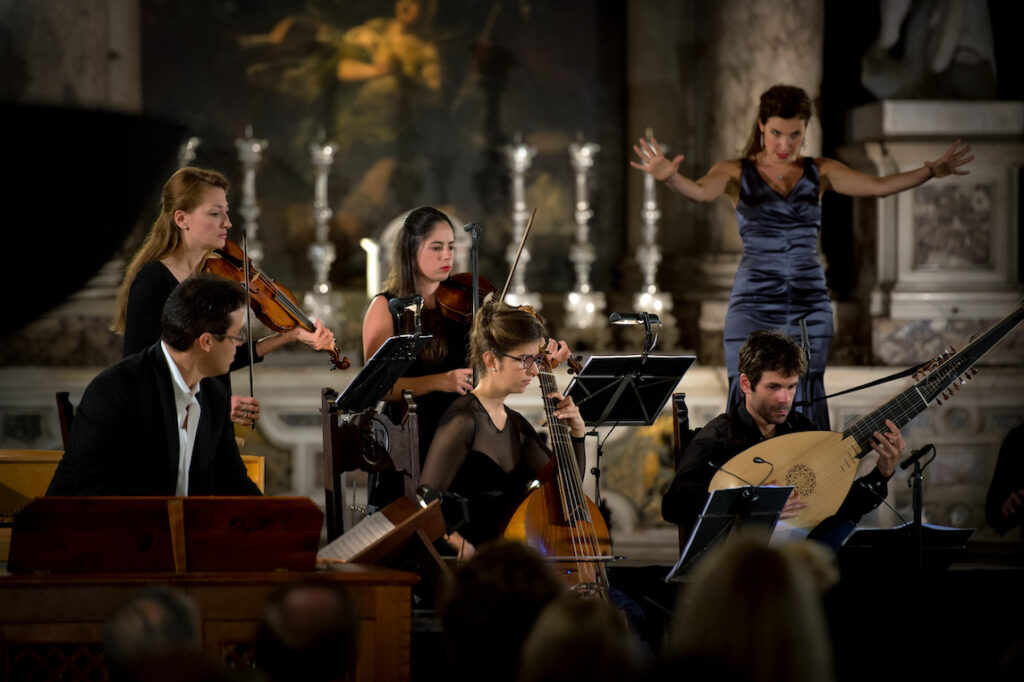
“When Mariana Flores sang Procris’s lamento for the first time alongside Cappella Mediterranea at Venice’s Palazzo Pisani Moretta in September 2012, tears could be seen in the eyes of the audience. They realised that the adventure had only just begun…“
Olivier Lexa, Venice, April 2015
When Venice’s Teatro di San Cassiano reopened in 1637, it was a major event in the history of opera. The protagonists of these new operas represented all the different social classes in the audience. Now it was not only gods, kings, empresses, dictators and courtesans who were welcomed on stage, but also nursemaids, valets, soldiers, philosophers, and above all lovers. Francesco Cavalli’s 27 surviving operas offer us a fascinating portrait of this theatre of life. The extracts selected by Leonardo Garcia Alarcon are united by the expression of human passions. They range from candour to ecstasy, from joy to anger, from amorous passion (and its erotic and sensual nature) to despair.
Francesco Cavalli: Le Nozze di Teti e di Peleo — Mira questi due lumi (Venere)
Barbara Strozzi: Lagrime mie
Claudio Monteverdi: Voglio di vita uscir
Francesco Cavalli: Gli amori d’Apollo e Dafne — Lamento d’Apollo Misero Apollo (Instrumental)
Francesco Cavalli: Oristeo — Dimmi, amor che faro (Diomeda)
Antonia Bembo: M’ingannasti in verità
Barbara Strozzi: Che si può fare
Francesco Cavalli: Eliogabalo — Sinfonia (instrumental)
Francesco Cavalli: Il Giasone — Lassa, che far degg’io (Isifile)
Barbara Strozzi: L’amante segreto
Biagio Marini: La Caotorta (instrumental)
Barbara Strozzi: è Pazzo il mio core
Francesco Cavalli: Ercole amante — E vuol dunque Ciprigna (Giunone)
Performance running time: approx. 2 hours
Mariana Flores, soprano
Juan Manuel Quintana, viola de gamba
Marie Bournisien, harp
Quito Gato, theorbo and guitar
Leonardo García Alarcón, harpsichord, organ and direction
Cappella Mediterranea
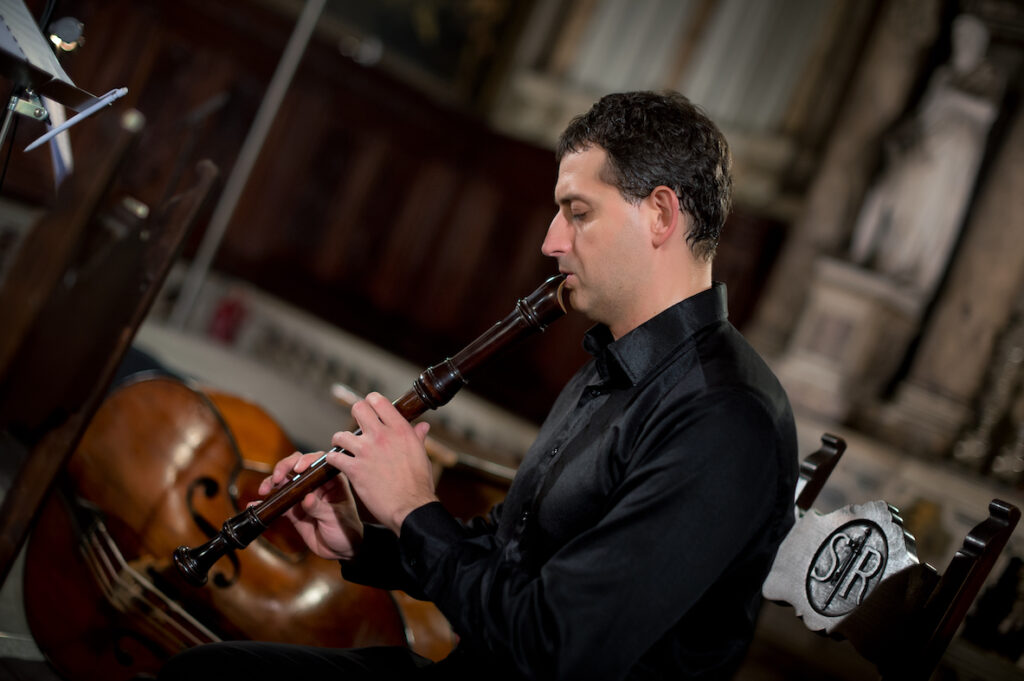
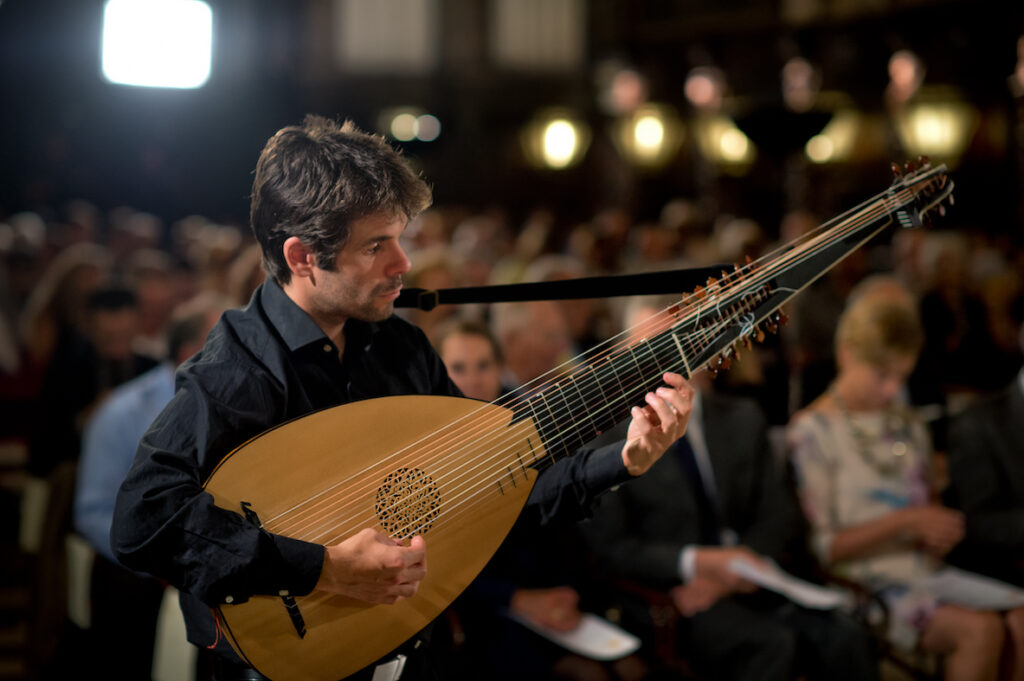
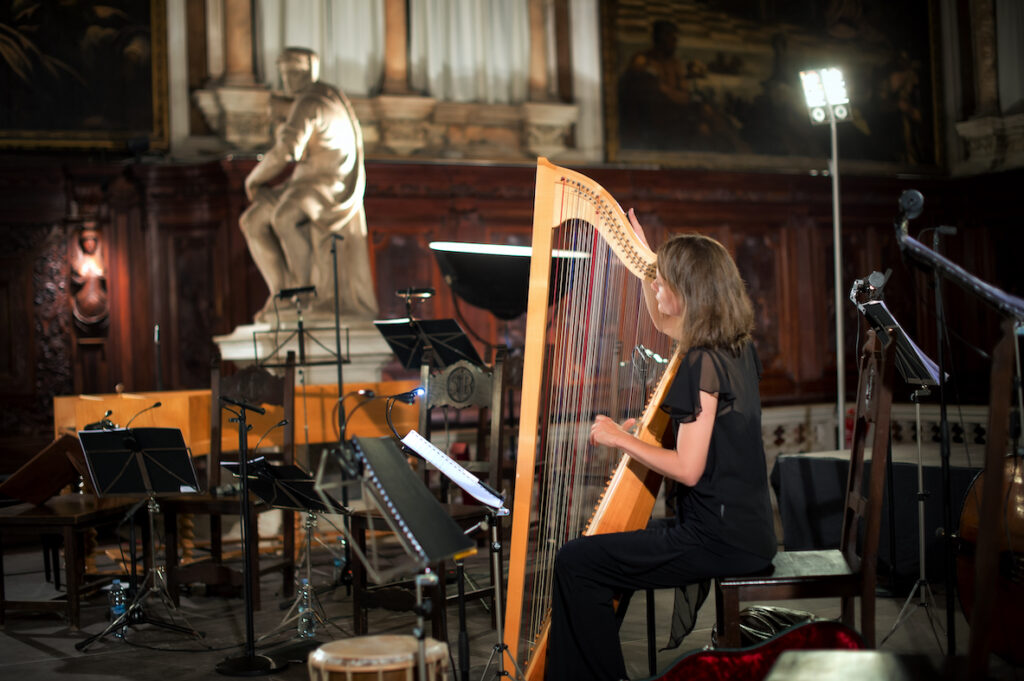
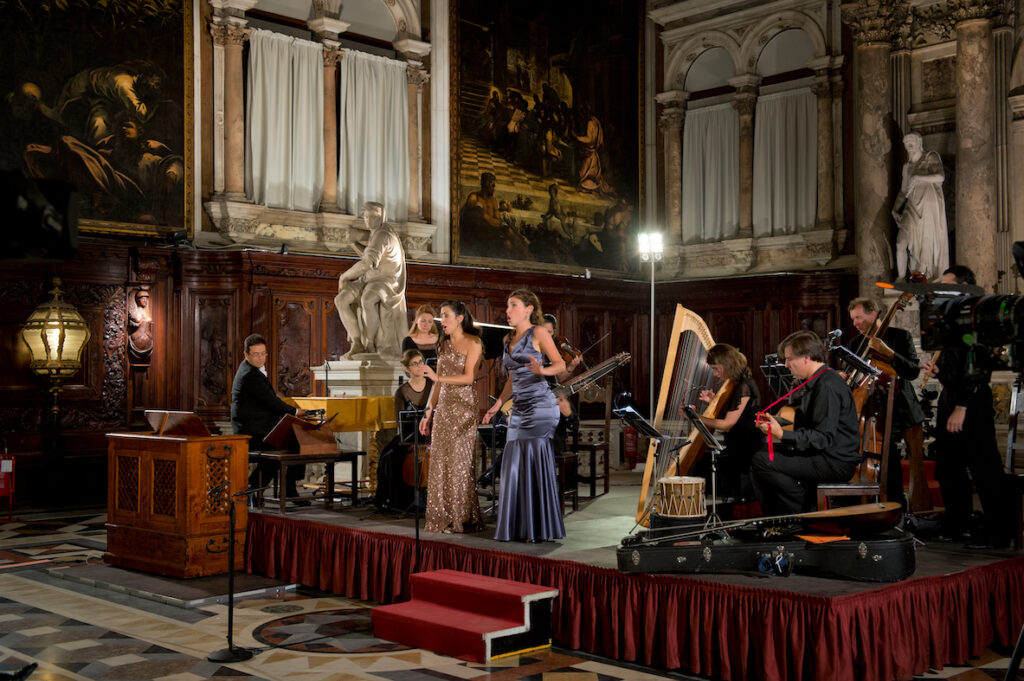
20h00
Église Saint Jacques
Liège, Belgium